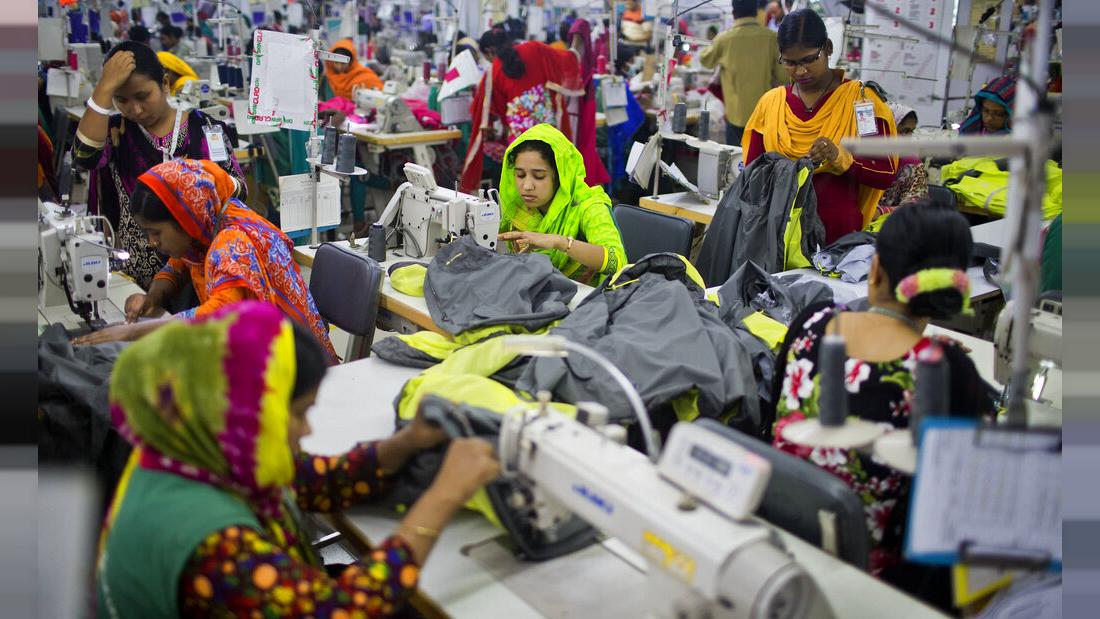Companies like Boohoo, who are one of the most successful brands on the market, have been using factories in Leicester to produce their cheap clothing for years. But for the most part, British consumers seem to imagine their clothes are made (albeit in sweatshops) in countries like India and Bangladesh where the exploitation of workers is widely reported.
Eyes were focused on H&M and Topshop as reports came flooding in that due to cancelled and unpaid orders, thousands of garment workers in Bangalore had been fired on the spot to cut costs at struggling factories. For many, the realisation that such abuses are taking place so much closer to home has been seemingly harder to swallow. Fast fashion relies on globalisation and like all exploitative industries, it is powered by cheap labour used to generate huge profits with low production costs. From Bangalore to Leicester, the fashion industry is built upon the mass exploitation of those who work within its supply chains.
According to Labour Behind the Label workers, reports reveal that many Leicester factories continued to operate at 100 per cent capacity throughout the COVID-19 lockdown, in part thanks to huge orders from Boohoo.
They note in their report on the abuse of garment workers’ rights that, “garment manufacturing is a major industry in Leicester with over 1000 known sites, excluding homeworking.
“Most factories in Leicester are small workshops, often housed in dilapidated buildings with little investment in building safety and modern ventilation. It is inconceivable that such factories would be able to operate at full capacity whilst ensuring social distancing and adequate COVID-19 protection measures.”
In the UK, fast fashion completely dominates the clothing market and companies like Boohoo have been hammering their customers with ‘lockdown’ marketing, offering cheap versions of loungewear and activewear to quarantine in.
There is no redemption for fast fashion, no alternative ethical model in which workers rights are prioritised.
Much like the consumer’s aim to find the cheapest, most readily available clothing, brands use the same logic to find suppliers across the world. The only way we can begin to tackle exploitation in the fashion industry is to look at dismantling the systems that make it all possible in the first place.
The choice is simple, it’s time for the world to break up with fast fashion.




